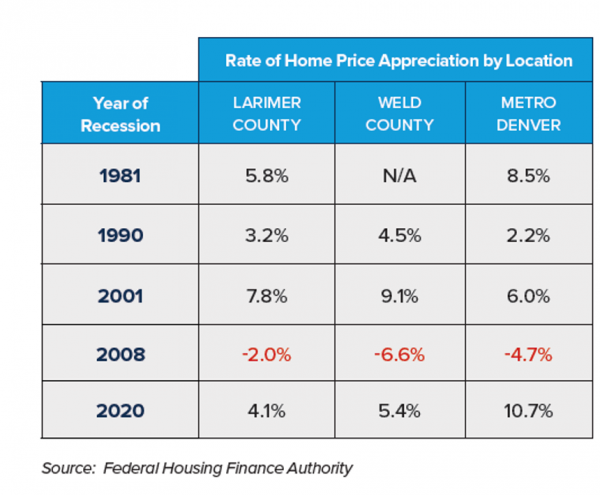No Bear
Altos Research is one of the most trusted sources of real estate market information in the United States. Each week they track every single home for sale across the Country. They analyze the pricing, supply, demand, and status changes for all listings. This amount of data allows them to expertly predict changes in the market.
Their founder, Mike Simonsen, recently said this about the current state of the real estate market:
“The most important thing to take away is that the most bearish scenarios for home prices this year are not taking place. If a buyer is sitting on the sidelines waiting for a home price crash, in general across the country that’s not happening.
“We can measure demand and the direction of future sales prices by looking at the percent of homes on the market with price reductions. This number, frankly, is lower than I would have expected given how few buyers were out in the fall. This a sign that sellers are not panicking and that smart, properly priced listings are getting their offers.”
The annual Market Forecast featuring Chief Economist Matthew Gardner is February 1st at 5:30pm. To see the details and to RSVP, visit www.ColoradoForecast.com
The post No Bear appeared first on Fort Collins Real Estate | Fort Collins Homes for Sale & Property Search.



